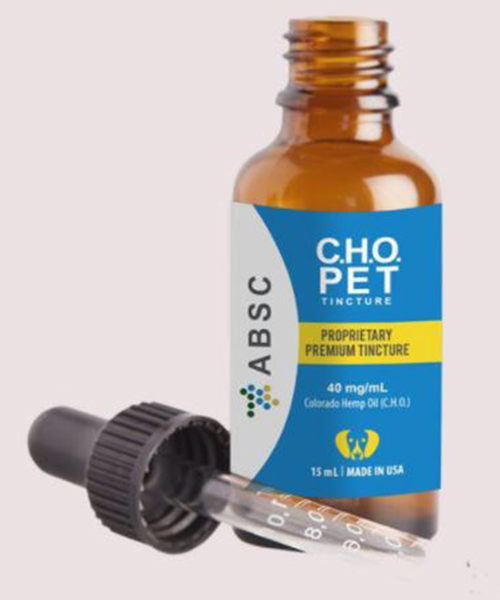CBD is well known by now to work wonders on everything from epilepsy to anxiety to insomnia. It’s no wonder the non-psychoactive cannabinoid has received so much positive attention in the media, having helped countless children with epilepsy reduce or eliminate life-threatening seizures. Whether you have a terminal illness or basic, daily discomfort, taking CBD regularly will help overall balance your endocannabinoid system and alleviate your suffering. However, because CBD is popular, need to make sure you buy the right kind — there’s a lot of bunk and snake oil out there under the title of CBD, but with added chemicals and sourced from industrial hemp that’s not suitable for human consumption.
But if you’re going to be careful about the choice of CBD you make for yourself or your child, then what about for your dog or your cat? Every animal, in fact, has an endocannabinoid system and can benefit from CBD — but there’s just as much bunk on the pet CBD market as there is on the human one. At the end of the day, you can’t trust many of the brands out there.
“A lot of companies and products are getting press that are not necessarily tested and not necessarily up to standard,” says S. David Moche, CEO of Applied Basic Science Corporation (ABSC), which offers clinically tested veterinary CBD products. ABSC sponsors scientific research at Colorado State University College of Veterinary Medicine and Biomedical Sciences in order to determine the safest and effective ways to use CBD for dogs.
ABSC’s products can be used for various kinds of veterinary ailments, including epilepsy, osteoarthritis, and pain. “We have organically grown extracted CBD from Colorado hemp, clinically tested for safety and toxicity,” Moche describes.

According to Stephanie McGrath, a neurology specialist leading the Colorado State University study on the efficacy of CBD in treating canine epilepsy and osteoarthritis, three to five percent of all dogs have genetic epilepsy and 14 million have arthritis.
In the research, each dog is randomly chosen to receive either a placebo or CBD oil for the initial six weeks of the study. Then in the subsequent six weeks, they get the opposite, switching either from CBD to placebo, or vice versa. During the study, they also receive x-rays, bloodwork, daily pain assessments, and 15 minute walks.
In animals, as in humans, CBD has been shown to be useful in alleviating symptoms.
Treating your dog or cat with CBD is easy. Simply drop the tincture into their mouth, or if they resist, add it to their food. “All CBD is not CBD,” says Moche. “You have to know where it’s sourced and the dosage.”
A 15 milliliter bottle of ABSC’s CBD for dogs contains 600 milligrams of CBD, meaning it has about 40 milligrams per milliliter. For a medium sized dog, the bottle should probably last three to five weeks, Moche says.
Of course, cats could take the CBD, too. And humans, Moche jokes, “As long as they like the natural chicken flavoring.”





